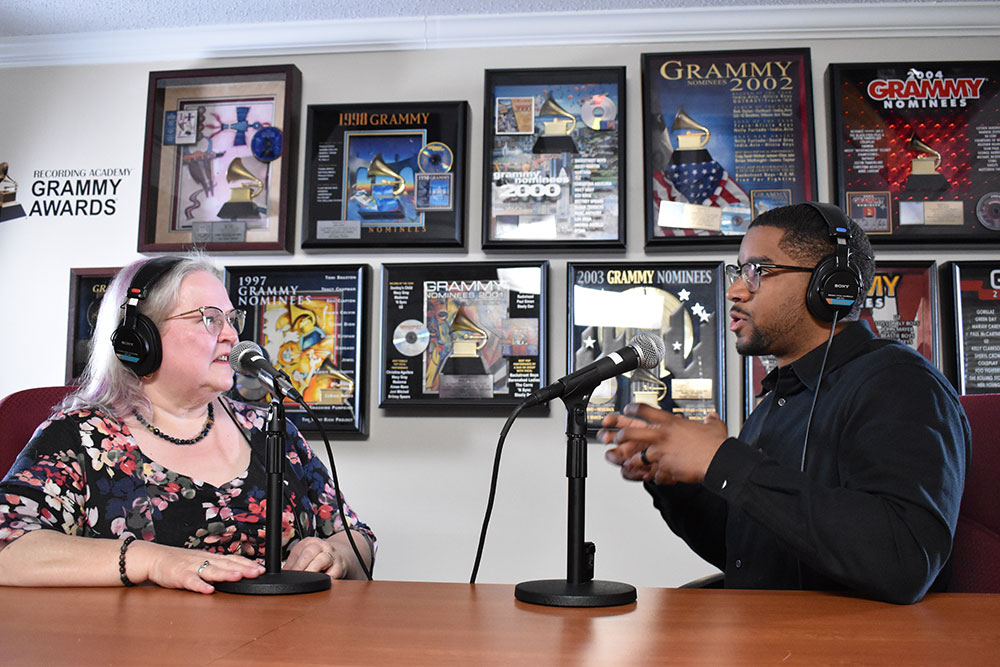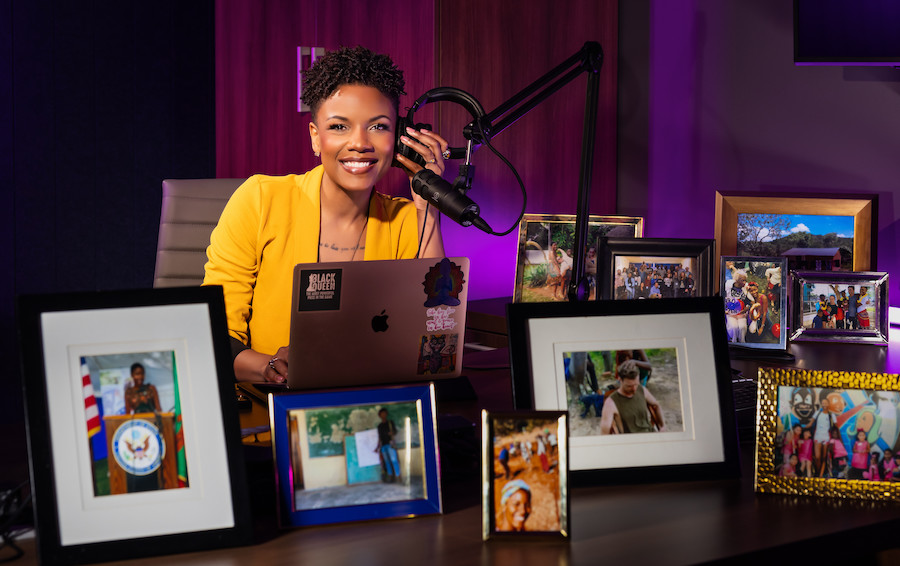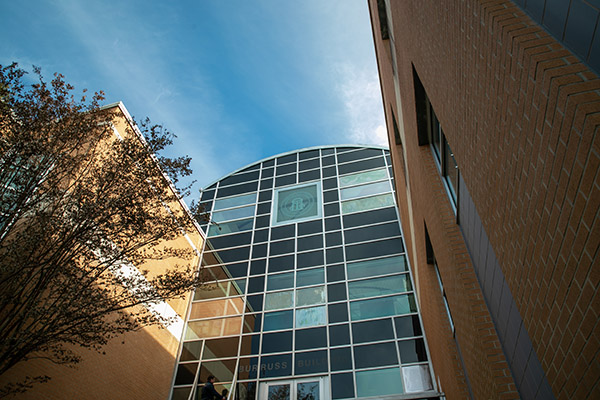
Reformed Criminal Teaches Students the Value of Business Ethics
KENNESAW, Ga. | Feb 22, 2019
When international sales vice president Richard Bistrong paid bribes to foreign officials to help his company expand into new markets, he viewed it simply as a cost of doing business. It did not hurt that the resulting opportunities made him a wealthy man.
However, Bistrong eventually served more than a year in prison for violating the Foreign Corrupt Practices Act, and has since made it his mission to prevent other people from making the same mistakes he did.

Bistrong was on campus Feb. 19 speaking with students in the Michael J. Coles College of Business about the importance of business ethics, warning them about how difficult it can be to resist the urge to act unethically.
“When it comes to ethics and integrity, it’s like an uphill bicycle climb,” he said. “We always have to be challenging ourselves to get things done the right way. Because if we ever feel complacent and think ‘I don’t need to address this,’ that’s when we start that bicycle climb downhill.”
Bistrong formerly worked for a defense contractor that sold supplies to U.S. police departments and the military. In the early 1990s, he led the company’s international expansion. His first experience with bribery happened in Tierra Del Fuego when he was negotiating a contract to sell armored cars. The intermediary he hired to arrange the deal informed Bistrong that his fee included tolls paid to government agencies to secure business. Realizing that “toll” was another word for “bribe,” Bistrong agreed to pay.
What started as an initial payment to give his company a competitive edge became a 10-year pattern of bribing international government officials as standard practice. In 2007, he was caught by the Department of Justice and signed a plea agreement to work undercover for the FBI and the UK governments to expose other corruption schemes. Bistrong’s cooperation earned him a reduced 18-month prison sentence – he served just over 14 months – and a newfound respect for business ethics.
The Coles College Master of Business Administration program invited Bistrong to campus as part of a special topics course on business ethics. He gave two presentations that day: a general session open to all undergraduates followed by a classroom visit with the MBA students.
Bistrong told the students how easy it became for him to justify participating in corruption because he believed his actions were not hurting anyone.
“My company was getting these big orders,” he said. “I was getting my bonus. My partners were doing more business. And in some parts of the world, these government officials are making poverty wages. I was helping them make ends meet. I wasn’t thinking about how even petty bribery impacts good governance, economic development, and human rights. To me, sadly, it was all a win-win.”
Connie Engel, Principal at Childress-Klein and Coles College’s current Executive-in-Residence, worked with the MBA program to design the business ethics course. She arranged for a series of guest speakers to provide real-world guidance on business ethics. In addition to Bistrong, other speakers planned for the semester include Lee Rhyant, retired Executive Vice-President for Lockheed-Martin; Carol Tomé, Chief Financial Officer for Home Depot; and Paul Donahue, Chief Executive Officer of Genuine Parts.
According to Dr. Tim Blumentritt, an instructor in the MBA program who is co-leading the course with Engel, the goal is for students to learn how to make tough decisions as they advance in the business world.
“Leaders find themselves forced to make difficult choices when faced with conflicting demands,” he says. “These are situations managers find themselves in, especially towards the middle or end of their careers. This course teaches MBA students to work out how to handle these situations and how to deal with the consequences.”
Bistrong, who is used to speaking to clients at multinational organizations, appreciated having the opportunity to discuss ethics with college business students.

“I’m trying to bake in what happens on the front lines of business into their thinking and understanding,” he says. “It’s about trying to help students understand the real-world risk before they take the next steps in their personal and professional development.”
-Patrick Harbin
Related Posts

Kennesaw State Partnership Equips Local Entrepreneurs with Tools for Success

Gathering Spot CEO Ryan Wilson on Building a Social Club to Inspire Connections.

Kennesaw State MBA student leveraging degree work for a cause

CEO Magazine Ranks Kennesaw State Executive MBA Top Program in Georgia, No. 11 in the World














